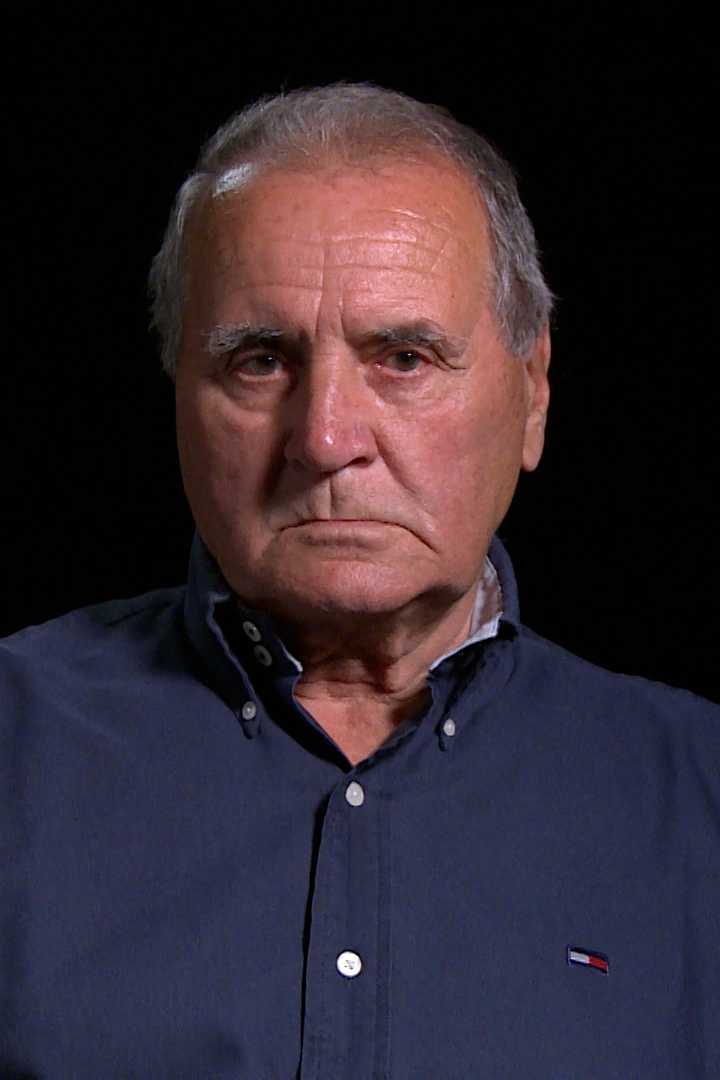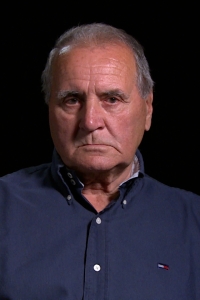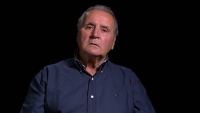They were far abroad during the occupation. The Serbian partisan cared for them as if he were his own

Download image
Lubomír Dudáček was born on September 14, 1936 in Prague and he spent his childhood in Žižkov. In his youth, he played hockey and neglected school because of it. After the war, however, he graduated from high school and continued his successful distance learning studies at the University of Transport in Žilina, Slovakia. In 1967 he joined the airport in Ruzyně, where he worked until 2004. He experienced the occupation of the Czechoslovak Socialist Republic by Warsaw Pact troops in Bulgaria and experienced a complicated journey by train to his homeland via Yugoslavia and Austria. He worked at Ruzyně Airport in many positions - from assistant to the general director through the head of the check-in terminal to the director of the Czech Transport Airports Authority. At Ruzyně Airport, he created the Hall of Fame from historical documents. He participated in the establishment of the field of economics and operation of air transport at the Prague Industrial School of Transport. He is the author of a three-part series of historical books Transport Airport in Prague, covering the period from 1918 to 2005. In 2018 he lived in Prague.

